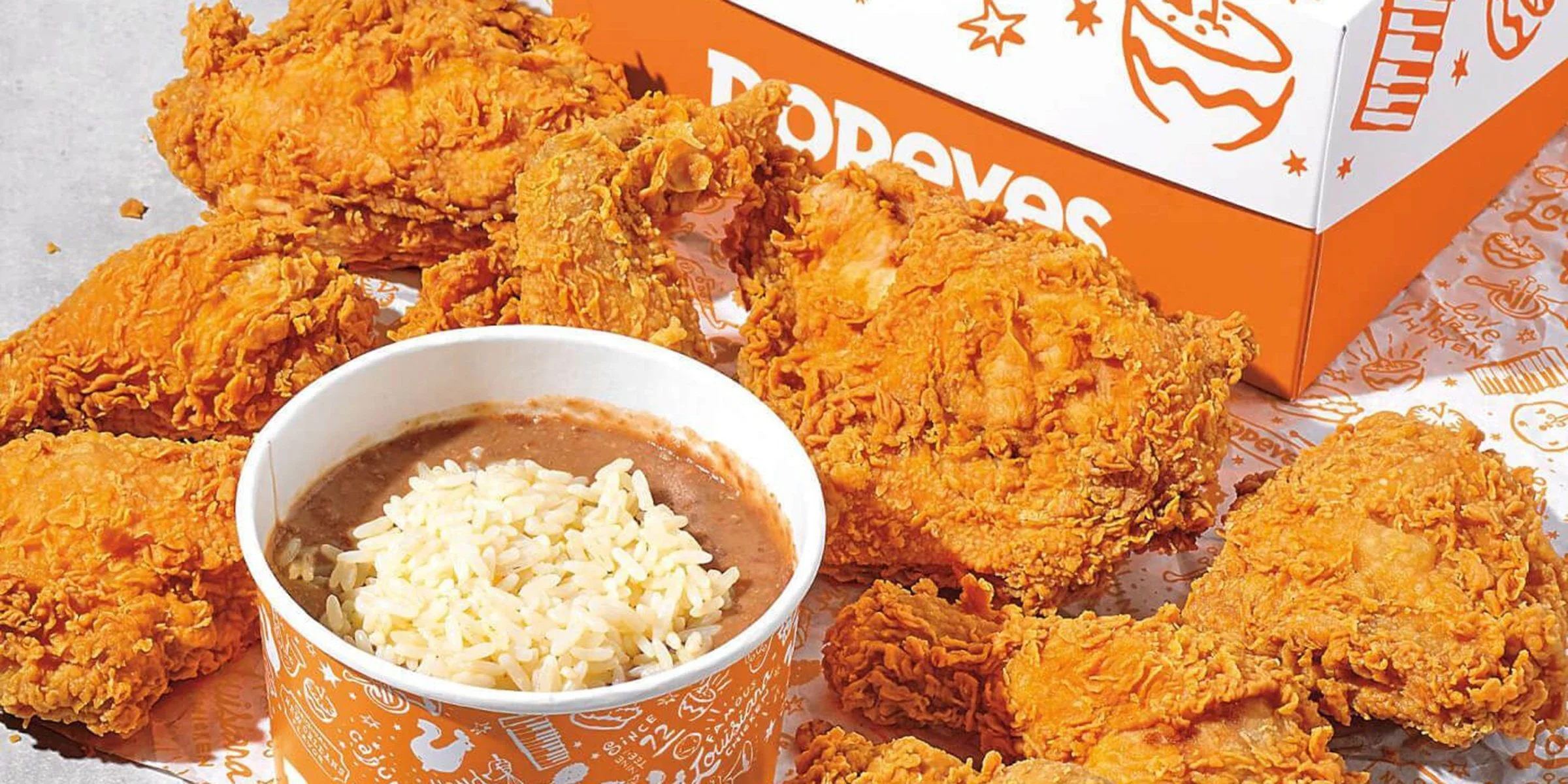Popeyes Stock Price, Symbol, & Overview
Popeyes Louisiana Kitchen, known for its spicy Cajun-style chicken and scrumptious sides, has gained significant popularity over the years. The launch of its famous chicken sandwich took the fast-food world by storm, and investors have been keenly interested in the potential of Popeyes stock.
In this article, we'll address key questions about Popeyes stock and explore investment opportunities related to this beloved chicken chain.
Background on Popeyes
Popeyes was founded in 1972 in New Orleans, Louisiana, and quickly became a favorite spot for fried chicken lovers. With its unique blend of spices and delicious sides like red beans and rice, Popeyes made a name for itself in the fast-food industry.
Founded: 1972
Headquarters: Miami, Florida
Famous for: Cajun-style chicken, chicken sandwich, flavorful sides
Popeyes Stock Symbol and Price
While Popeyes has a significant presence in the fast-food industry, it is not a publicly traded company on its own. In 2017, Popeyes was acquired by Restaurant Brands International (RBI), a Canadian-American multinational fast-food holding company. As a result, Popeyes operates as a subsidiary of RBI.
Popeyes and Restaurant Brands International (RBI)
RBI, the parent company of Popeyes, is publicly traded on the New York Stock Exchange (NYSE) under the ticker symbol "QSR." RBI owns other well-known brands, including Burger King and Tim Hortons.
RBI Ticker Symbol: QSR
Popeyes Trading Name: Subsidiary of RBI
Investors cannot buy stock directly in Popeyes. However, they can invest in RBI as a way to gain exposure to the growth and performance of Popeyes.
The History of Popeyes Stock Price
Popeyes was once a publicly traded company with its own stock. However, following the acquisition by RBI in 2017, Popeyes stock was delisted from the market. This means Popeyes stock is no longer available for purchase as a separate entity.
Ownership and Growth
RBI, which owns Popeyes, has seen significant growth over the years, with Popeyes contributing to the company's success. The chicken sandwich launch, for example, boosted sales and brand recognition for Popeyes.
Investors interested in Popeyes can consider RBI stock as an investment opportunity, as RBI owns and operates several successful fast-food brands.
Other Investment Considerations
When considering an investment in RBI to gain exposure to Popeyes, investors should also keep in mind:
Industry competitors, such as KFC and Chick-fil-A
Trends and challenges in the fast-food industry
The importance of conducting thorough research before making investment decisions
Popeyes Stock | Bottom Line
Popeyes Louisiana Kitchen has captured the hearts (and taste buds) of millions with its delectable offerings. While Popeyes stock is not directly available for purchase, investors can explore opportunities to invest in its parent company, Restaurant Brands International.
FAQ
What happened to Popeyes stock?
Popeyes stock is no longer available to buy on any stock exchange. Instead, you can buy its parent company stock under the ticker QSR.
What is the Popeyes stock ticker?
The new Popeyes stock symbol is its parent company QSR, because Restaurant Brands International purchased Popeyes in 2017.
Is Popeyes public or private?
Popeyes is a private company that is a subsidiary of Restaurant Brands International, a public company that trades on the New York Stock Exchange under the symbol QSR.
What company owns Popeyes stock?
Popeyes stock belongs entirely to Restaurant Brands International (QSR), a holding company that was created in 2014 by merging Burger King and Tim Horton’s. Restaurant Brands has three subsidiaries: Popeyes Louisiana Kitchen, Burger King, and Tim Horton’s.
Who owns Chick-fil-A?
Chick-fil-A is a privately held company that is owned by the Cathy family. The company was founded by S. Truett Cathy in 1946 and is now led by his son Dan Cathy as the chairman and CEO .
Is Popeyes a franchise or chain?
Popeyes is both a franchise and a chain. The company operates and franchises over 3,705 restaurants in 46 states, the District of Columbia, Puerto Rico, and 30 foreign countries.


